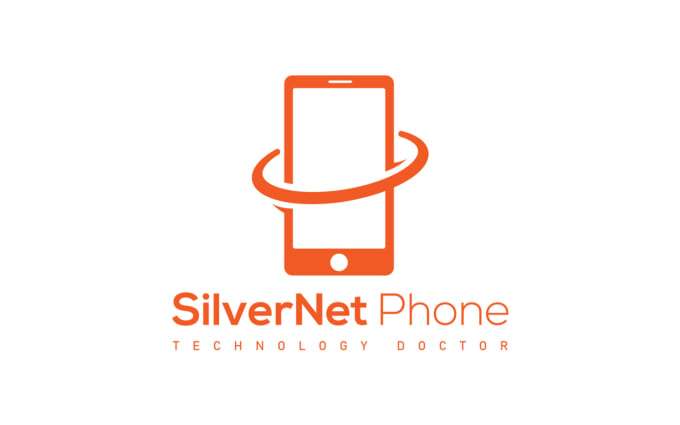
With this feature, if you create an account with us, Apple will generate a special email address just for that account. Our reply was going to their iCloud email account, but they didn’t see it because they only ever looked at their Gmail account, in the Gmail app.Īnother issue is Sign in with Apple’s “Hide My Email” feature. So people would ask for help, we’d reply, and they’d contact us again later, angry that we never replied. This interface often defaults to using an iCloud email account. We used to run into this problem constantly with customer support, back when AnyList used the built-in iOS email compose interface for sending support requests. If we try to contact a customer using their iCloud email address, they may never see our message. But many of those iCloud email addresses are unused and unchecked, because a customer’s “real” email account is their Gmail, Yahoo, or Hotmail account. So most accounts created via Sign in with Apple will use an iCloud email address. One problem is that most Apple IDs are tied to an iCloud email address. In addition to these customer experience problems that are common to all third-party login systems, Sign in with Apple introduces several more that are unique to it. And if you get locked out of your account and used a third-party login system, we may not be able to help you ourselves and will instead have to direct you to another company, with all of the hassles that entails. Did I use my email address? Facebook account? Sign in with Apple?”) Simple questions like, “How do I reset my password?” no longer have simple answers and depend on which system you used to create your account, if you can remember. ( “Hmm, I created this account a couple of years ago. People don’t remember which login system they used to create their account. Third-party login systems like Sign in with Apple cause many user experience and customer support headaches. We understand that this may surprise some of our customers, so we’d like to explain in detail why we made this decision. After considering the merits of Sign in with Apple, we have decided not to support it. AnyList is one of the apps affected by this new rule, which means that we must either implement Sign in with Apple or make other changes to our app. In order match that specific case with generics it would need to be explicitly defined using a different ArgumentMatcher: Mockito.Starting June 30th, Apple will be enforcing a new rule in the App Store requiring many apps to support Sign in with Apple. will also properly match overload A, while approach 2.
#Anylist logo code#
When the second argument becomes null in the code under test, approach 1. Overload B (not targeted in this test) Imagine name() had the following two overloads: // Overload A (target of this test)


There are subtle but notable differences between the two. This is basically the same approach as below answer, only a little more concise as the alias Mockito is used, which maps to the ArgumentMatcher implementation. providing additional generics information to anyList().simply casting on any() acts as a sufficient type hint:.


 0 kommentar(er)
0 kommentar(er)
